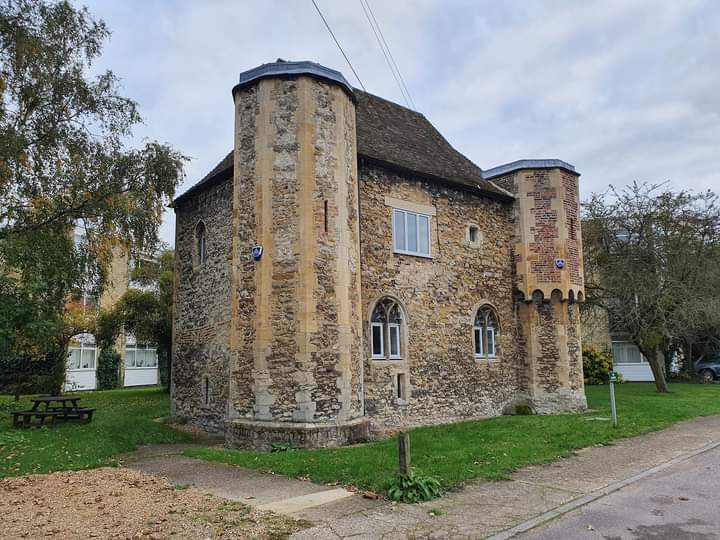I reverted to being 13 & just read massive epic fantasy sagas. Anything with dragons.
Contributor: Stressed out mum
Have you read more or less during lockdown, or much the same as usual?
I read more, I had more time because we couldn’t bloody well go anywhere!
Has lockdown affected your choice of reading material?
Very poor concentration and not able to focus on non fiction.
Have you switched from your normal genre? eg started reading poetry, short stories, non fiction, drama?
I switched from trying new novels and new genres to familiar, easy to read ones. I reverted to being 13 & just read massive epic fantasy sagas. Anything with dragons.
Have you been using reading in a different way – for example for comfort, raising your spirits, escapism, distraction?
Definitely escapism. I’m very happy to read darkly comic books or crime but I don’t want to read anything about children being hurt (features in books more frequently than you might think). Can’t read anything political either.
Have you been finding it harder to concentrate during lockdown?
Much harder to concentrate in lockdown AND I have to homeschool AND there is no break from kids.
Have you started books and been unable to finish them?
I never finish books which I ‘take agin’ – that’s time I could spend reading something I enjoy.
Where do you get inspiration for titles?
BC (before covid) : I would search bookstores and charity shops. I read reviews or asked for recommendations.
AC (after covid) : I rely on my own knowledge of genre / author, hence the big epic sagas! Podcasts but they’re not very reliable for good books. Costa prize books – way more readable than Booker & less political.
Friends & readers I trust.
Where are you sourcing your books/audiobooks from?
Amazon (sorry). We use a Kobo to download library books for Fred. He gets through several a week so I’m not buying them. I deleted Audible because it kept pinging notifications at me.
Have you embarked on reading all the books you already own but have never read?
I don’t often reread but I did reread The Pillars of the Earth by Ken Follett. But I last read it in 1807 and couldn’t remember all of the plot.
Have you been listening to audiobooks rather than reading? If so, does listening add something to your experience of the book that you wouldn’t get by reading it yourself?
I like audiobooks but I’m not getting any time to myself since schools closed. I’m interrupted 9 million times a minute and I can’t go for walks with my headphones on without children accompanying me. It sucks!!!!!
I do listen to drama & podcasts because I can carry my phone round the house & switch it off when kids follow me about. It takes a long time to finish anything!
Have you been reading books about pandemics? eg The Plague by Albert Camus, Journal of the Plague Year by Daniel Defoe, Love in the Time of Cholera by Gabriel Garcia Marquez, The Roses of Eyam by Don Taylor etc?
I love plague books and always have : )
I read all of Plague Times Trilogy by Lousie Welsh (Love Lousie Welsh crime books too)
The Outcasts of Time by Ian Mortimer
Station Eleven by Emily St. John Mandel
Duty of Care – not strictly a plague book but I think I wanted to gain perspective on what was happening. It was recommended on the Jeremy Vine show.
Listened to The Plague by Albert Camus on R4
Already read Defoe & Love in the Time of Cholera.
Will look up The Roses of Eyam immediately : )
Can you recommend up to 5 books/audiobooks that you have enjoyed during lockdown?
These are 5 books I’ve really loved in the past year
Swan Song – Kelleigh Greenberg-Jephcott
The Salt Path – Raynor Winn
Mudlarking – Lara Maiklem
Girl, woman, other – Bernardine Evaristo (it’s a very funny book and I like her for owning up to being desperate to win the Booker prize)
Let It go – Dame Stephanie Shirley and Richard Askwith – this made me think again about women in business, how money can be used to benefit society & more.



 Contributor: Helen Jeffries
Contributor: Helen Jeffries
